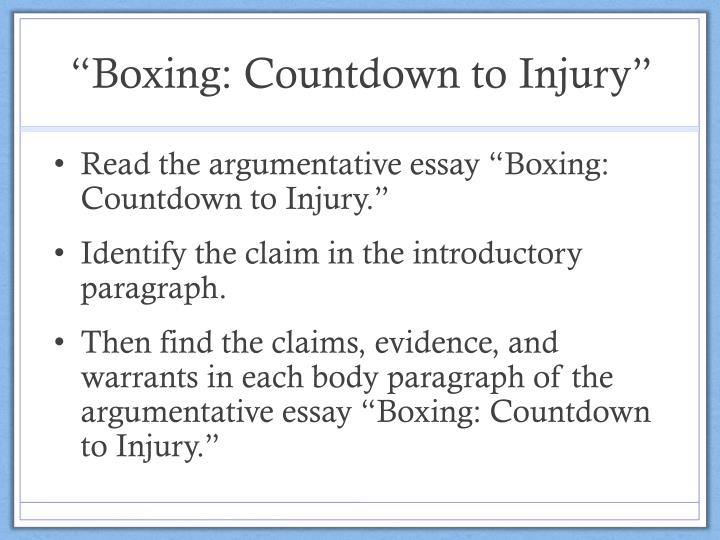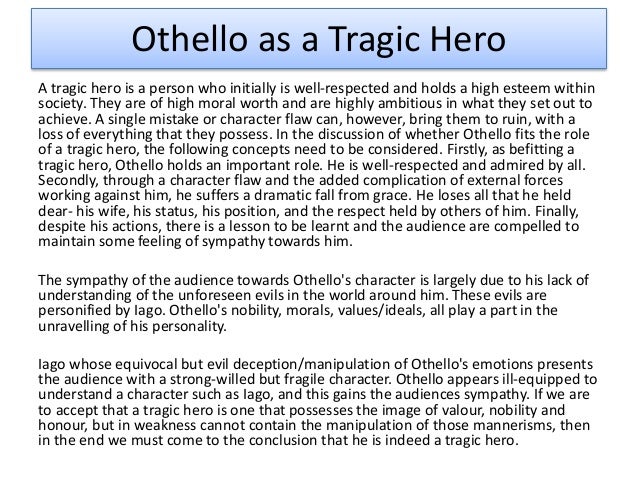Cesare Beccaria: Of Crimes and Punishments.
Cesare Beccaria was an 18th-century Italian Enlightenment philosopher. In 1764, Beccaria published an essay, “Dei delitti e delle pene” (“On Crimes and Punishments”). His writing was a reaction to the European criminal justice system that he viewed as brutal and ineffective. Torture to extract confessions was commonplace, sentences were.
Beccaria did not write in depth about general and specific deterrence, but he did write in a general manner about the use of laws and punishment, if certain and prompt, can deter the general public and specific criminals from committing crimes. Beccaria also supports the Rational Choice Theory of the use of incarceration and “just desserts” for in these topics main concepts in his treatise.

Beccaria had spoken to his friend, Pietro, about the legal system, gaining knowledge that he used to write his famous essay, “On Crimes and Punishment”, in 1764; the essay’s key points related to not allowing torture and the death penalty, making Beccaria the father of criminology “On Crimes and Punishment”: Basis for his concepts.

In 1762, Rousseau published The Social Contract, which provided Beccaria with an ideological framework: his treatise On Crimes and Punishments (1764) was published two years later, and 25 years before the French Revolution. Beccaria’s manifesto against cruel punishment spread swiftly through Europe, igniting radical reforms of repressive and coercive institutions throughout the continent.

An Essay on Crimes and Punishments by Cesare Beccaria translated from the Italian, 1775 (original published in 1764) Introduction In every human society, there is an effort continually tending to confer on one part the height of power and happiness, and to reduce the other to the extreme of weakness and misery. The intent of good laws is to oppose this effort, and to diffuse their influence.

Buy Essay on Crimes and Punishments by Cesare Beccaria (ISBN: 9781230422800) from Amazon's Book Store. Everyday low prices and free delivery on eligible orders.
A must read for anyone interested in criminal justice. Beccaria writes the first essay critiquing the penal system in a clear, systematic, and logical way. Loved it! Selected pages. Title Page. Table of Contents. Contents. INTRODUCTION 10. xi: Of lhe origin of punishments. 15: Of the right to punish. 17: Consequences of the foregoing principles. 20: Of the interpretation of laws. 22: Of.

Justin Perry Cesare Beccaria was an Italian jurist, enlightenment thinker, and philosopher. In 1794, he wrote On Crimes and Punishment. In this book, he talked against torture and the death penalty, but he was most famous for laying a foundation of penology, which deals with the repression of criminal activities and punishment of crimes committed.

One of these intellectuals, Cesare Beccaria, had a lasting impact on the Enlightenment views of the justice system in Europe. In his treatise Crimes and Punishments, he argued for a clear interpretation of the laws for all citizens and a more concrete system in which the laws were based. He saw a need for mass reforms in what was considered a crime and in the way the punishments were handed.

Dei delitti e delle pene (On Crimes and Punishments), a treatise written by Cesare Beccaria and published in 1764 is truly a monumental work. It is one of the founding works of fields such as penology and criminology and is till influential until today. What Beccaria intended was a reform of the entire criminal system present in his time. With great simplicity, in a way similar to Rousseau in.

Cesare beccaria on crimes and punishments Essay Pages: 3 (646 words) Cessare Beccaria's Effect on Today's Justice System Essay Pages: 2 (448 words) Beccaria, Cesare Essay Pages: 2 (440 words) Wrote an on crimes and punishments Essay Pages: 3 (525 words).

Cesare Beccaria’ theories on criminal justice revolved around three main components: rational manner, free will and manipulability. He was a strong advocate of free will as being the ability to make choices, and he believed that individual must apply reasoning and logic while making decisions in order to achieve fulfilment and self-satisfaction. He believed that law and order existed to.

The result is a complex theory of punishment that derives from a sophisticated analysis of the role of the state and the nature of human motivation in commercial society. The translation used in this edition is based on the fifth Italian edition, and provides English-speaking readers with Beccaria's own order of his text for the first time. A number of pieces from his writings on political.



